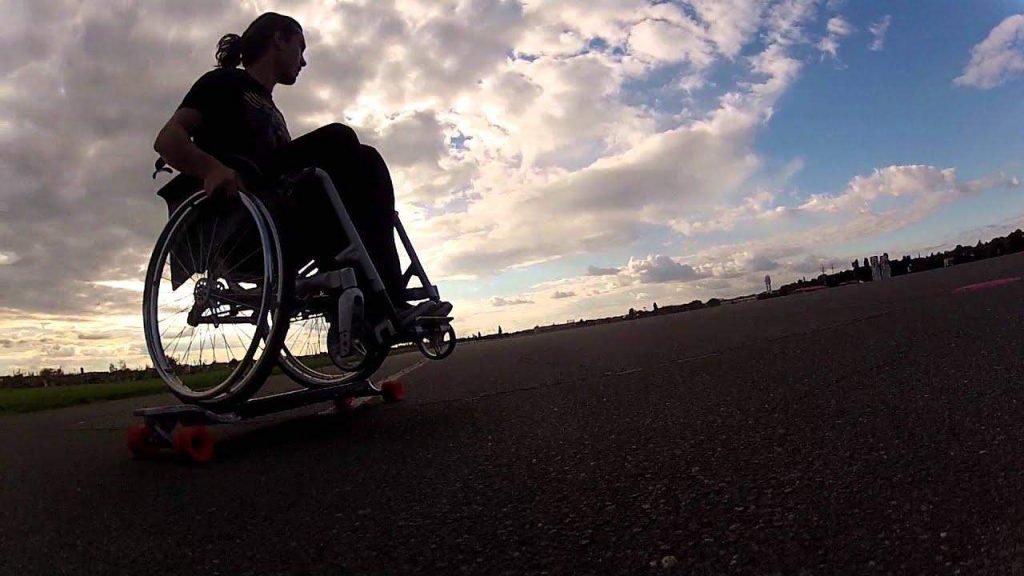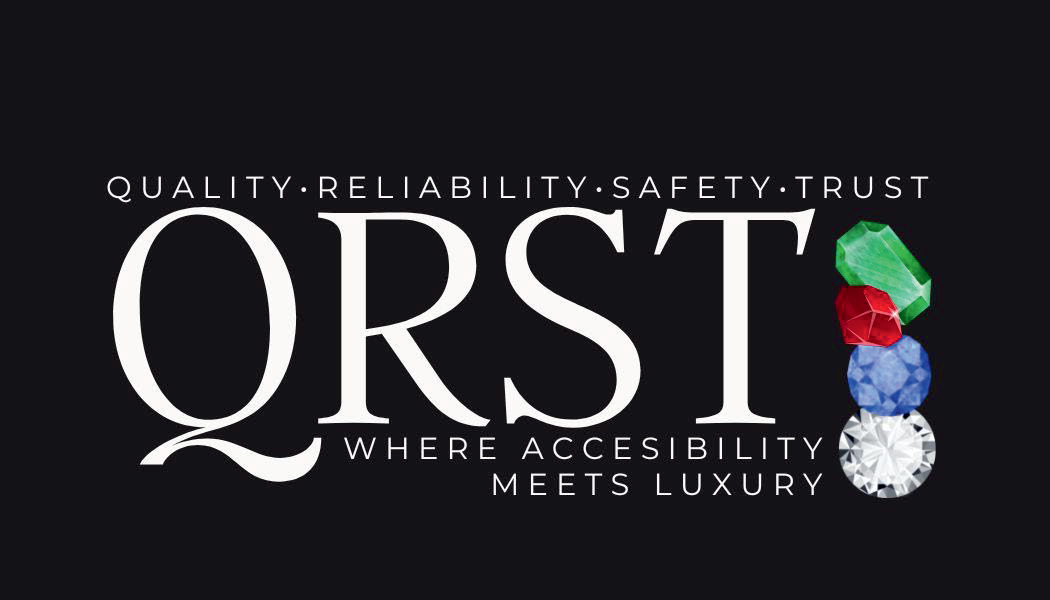Welcome to a discussion on the rich tapestry of cultural diversity within the realm of wheelchair transportation services in the DMV (Washington D.C., Maryland, and Virginia) area. This sector not only facilitates mobility but also brings together a myriad of cultures, beliefs, and customs. As we delve into the significance of cultural sensitivity, communication nuances, and inclusive practices, in this article by QRST Wheelchair Transportation, how the DMV’s wheelchair transportation services are evolving to meet the diverse needs of its residents.

Cultural Sensitivity: Navigating Differences
In a region as culturally diverse as the DMV, wheelchair transportation providers play a pivotal role in fostering inclusivity. Cultural sensitivity goes beyond offering physically accessible vehicles; it involves understanding and respecting the unique customs, traditions, and preferences of various communities. Drivers and staff trained in cultural competency create an environment where passengers feel acknowledged and valued. Whether it’s observing religious practices, accommodating dietary restrictions, or respecting personal space, these considerations make the journey not just accessible, but also comfortable and affirming for everyone.
Communication Nuances: Beyond Language
Effective communication is the cornerstone of successful wheelchair transportation services, especially when catering to a diverse clientele. Language barriers can pose challenges, but inclusivity extends beyond words. Service providers are increasingly utilizing visual aids, universally recognized symbols, and even simple gestures to convey information. Moreover, employing multilingual staff or interpreters ensures that vital instructions and interactions remain accurate and respectful. By embracing these innovative approaches, wheelchair transportation services in the DMV are dismantling communication barriers and creating a harmonious experience for passengers of all backgrounds.
Inclusive Practices: Going the Extra Mile
The DMV’s wheelchair transportation services are embracing inclusivity as a core value, striving to accommodate the unique requirements of every passenger. From adjustable seating to culturally appropriate music choices during rides, these services are going beyond mere accessibility. They are evolving into spaces that celebrate diversity, embracing the opportunity to learn about and celebrate different cultures. Moreover, some providers offer training to their staff on cultural awareness, enabling them to create an environment where passengers feel comfortable sharing their needs and expectations without hesitation.
Challenges and Solutions: Navigating Diversity
Undoubtedly, navigating cultural diversity in wheelchair transportation services presents challenges. Misunderstandings can arise, and unintentional cultural insensitivity might occur. However, these challenges are being met with proactive solutions. Regular diversity and inclusion training, open dialogue between staff and passengers, and soliciting feedback contribute to an environment of continuous improvement. Additionally, harnessing technology for translation services and cultural education tools bridges the gap further. The willingness to learn from mistakes and adapt to evolving needs is propelling the DMV’s wheelchair transportation services towards a more inclusive future.
Celebrating Success Stories: Voices from the Community
Numerous success stories underscore the positive impact of culturally diverse wheelchair transportation services. Passengers express gratitude for respectful and accommodating experiences that honor their individuality. Communities have observed a shift towards greater understanding and acceptance, as these services become symbols of unity in diversity. By sharing these stories through various channels, including social media and community gatherings, the DMV’s wheelchair transportation providers are inspiring others to embrace inclusivity and celebrate differences.
Cultural Festivals and Collaborations: Connecting Communities
Wheelchair transportation services in the DMV are increasingly becoming active participants in cultural festivals and community events. By collaborating with local cultural organizations, these services contribute to the vibrancy of the region. Providing accessible transportation options to and from festivals ensures that people with mobility challenges can partake in the celebrations. This not only enhances their sense of belonging but also exposes others to different cultures. Such collaborations foster a sense of community, where wheelchair transportation services become conduits for cultural exchange and understanding, promoting a tapestry of unity amidst the diversity of the DMV.
Barrier-Free Booking and Access: A Digital Approach
Modernizing wheelchair transportation services, the DMV is harnessing digital platforms to enhance accessibility. Online booking systems and apps enable passengers to request rides, specify accessibility needs, and even communicate their cultural preferences in advance. This technology-driven approach empowers passengers to avail of tailored services, and it also assists service providers in making necessary arrangements. Moreover, these digital interfaces can offer information about accessibility features, languages spoken by drivers, and even allow users to set communication preferences. By embracing digital solutions, the DMV is breaking down barriers and ushering in a new era of user-centered inclusivity.

Training for Cultural Competence: Empowering Providers
Recognizing the importance of cultural competence, wheelchair transportation services in the DMV are investing in training programs for their staff. These programs educate drivers and employees about different cultures, traditions, and customs they might encounter. By understanding the significance of certain practices or preferences, providers can better serve passengers from diverse backgrounds. This training not only ensures smoother interactions but also fosters an environment of respect and dignity. As wheelchair transportation services prioritize ongoing education, they empower their staff to be ambassadors of inclusivity, contributing to positive experiences for passengers and promoting a harmonious coexistence of cultures in the DMV.
FAQs:
What are the accessibility problems in transportation?
Accessibility problems in transportation include lack of wheelchair ramps, elevators, or lifts on public transportation, inadequate seating and safety restraints for people with disabilities, and a lack of clear and understandable information for those with sensory impairments.
Why is transportation important for people with disabilities?
Transportation is vital for people with disabilities as it enables them to access education, employment, healthcare, social activities, and overall independence, promoting their full integration into society.
Conclusion
In a region as culturally vibrant as the DMV, wheelchair transportation services are not just about getting from one point to another. They embody the spirit of unity that comes from acknowledging, respecting, and embracing diverse cultures. By fostering cultural sensitivity, refining communication strategies, and implementing inclusive practices, these services are transcending physical accessibility to offer holistic experiences that cater to the unique needs of each passenger. As we move forward, the DMV’s wheelchair transportation services serve as a testament to the power of diversity, enriching the lives of both passengers and providers alike.
